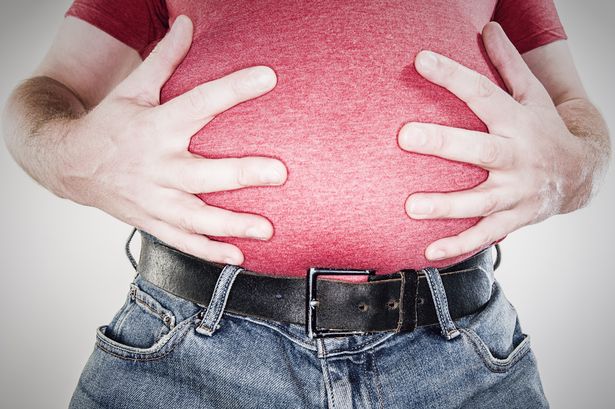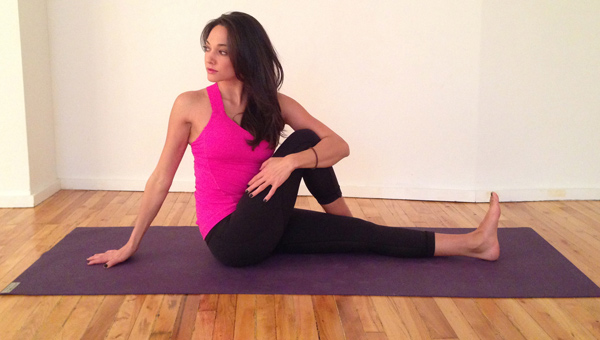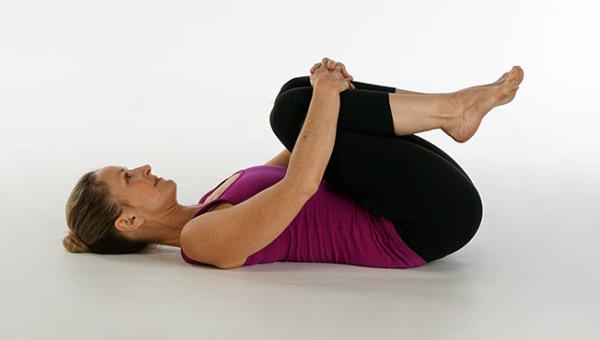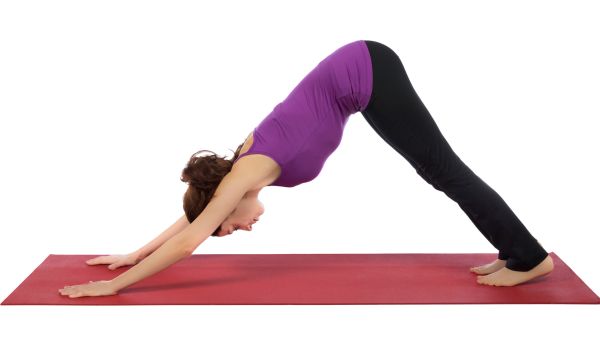
There is a lot of confusion around ‘bloating’, a common problem that we come across in our day to day life. In fact, we are witnessing a virtual epidemic of bloating in the current times. Abdominal bloating not only looks bad but also causes lot of discomfort.
But, it’s not the end of the road. The good news is that it is one of the conditions that can be avoided, but before learning that, we need to first understand what the most common causes of bloating are.
1. Constipation
Too little fibre, fluids, and physical activity may lead to constipation, which can result in bloating.
2. Eating too fast
Eating quickly and not chewing your food well can cause air swallowing that leads to bloating.
3. Drinking too much of carbonated beverages
The fizz in carbonated drinks (even diet ones) can cause gas to get trapped in your belly.
4. Too much consumption of sugar-free beverages
Too much sugar alcohol in artificially sweetened foods and drinks lead to bloating.
5. Food allergies and Intolerance can cause gas and bloating. But, these need to be confirmed by your doctor.
6. Medical conditions which may cause bloating are – Lactose intolerance, irritable bowel syndrome, Giardiasis (parasite infection), colon cancer, bacterial overgrowth etc.
Simple ways to avoid bloating:
- Chewing the food thoroughly
Chewing breaks the food down from large particles into smaller particles that are more easily digested, making it easier for the intestines to absorb nutrients from the food particles as they pass through. This also prevents improperly digested food from entering your blood and causing a wide range of adverse effects to your health, one of which is bloating.
- Exercising regularly preferably including more abdominal exercise
Physical activity helps air bubbles pass through your digestive tract more quickly, so that bloated feeling will disappear faster than if you lounge on the couch.
- Avoiding too much of water during meals
Too many liquids during meals can cause dilution of digestive juices, which may hamper the digestion process, and a small amount of liquids aids digestion, therefore moderation is a must.
- Avoiding drinking using straws and narrow mouth bottles
Leads to ingestion of excess air while sucking, which may, in turn, cause bloating
- Avoiding carbonated beverages
When carbonated drinks are opened, it allows the compressed carbon dioxide to form bubbles and escape into the air. Lots of the gas escape from your mouth or resurfaces from your throat as a belch. However, drinking lots of carbonated drinks at one time forces large amounts of the liquid into your stomach where the gas may pass to your intestines.
- Eliminating smoking and Hukka
People who smoke or have Hukka inhale a lot of extra air than non-smokers.
- Avoid chewing gums and food that have artificial sweeteners
Artificial sweeteners are difficult to digest and therefore should be taken in moderation as constant use may cause digestion problem.
- Avoiding gaseous vegetables
Vegetables like beans, cabbage, Brussels sprouts, onions too many raw vegetables, radish, melons, broccoli cause gas during the digestion process.
- Avoiding foods with air whipped into them – soufflés, sponge cakes, and milkshakes
- Avoiding long gaps between 2 meals
- Limiting sodium intake – especially avoiding processed foods as they have loads of sodium
An extra salty meal may lead to water retention, which causes bloating.
- High fiber meals may aggravate bloating; therefore keeping a check on the fiber intake.
The gas occurs because bacteria within the colon, unlike the intestine of humans, are capable of digesting fiber to a small extent. The bacteria produce gas as a by-product of their digestion of fiber. Therefore, excess fiber may cause a bloating sensation.
- Avoiding milk for people who are lactose intolerant
Your body may not be making enough of the enzyme lactase, which is needed to break down the lactose in dairy foods.
- Have Probiotics
They have good bacteria in them similar to those that you already have in your stomach. Having probiotics in your diet will further aid in digestion and thus stop bloating.
Finally, to conclude, here are a few exercises that can help to reduce bloating:
- Leg Seated Spinal Twist

- Apanasan

- Spinal Twist

- Paschimottanasana

- Seated Heart Opener

- AdhoMukhaSavanasana

Bloating is a common issue with various underlying causes. By understanding and implementing these preventative measures and lifestyle adjustments, you can reduce the frequency and intensity of bloating. Additionally, regular exercises mentioned above can further help alleviate bloating. Remember that a healthy and comfortable digestive system is within your reach with these practical tips. For more articles and guidance explore our Healthy Reads or speak to a certified expert by subscribing to GOQii’s Personalised Health Coaching here.
#BeTheForce




Bloating and gaseous abdomen are the same.
Purification of protein foods and lazy colon also add to the problem
Do they
Interesting and very useful article.will help in correcting my few habits and lifestyle.really appreciated.
Very informative article Distinct – Thank you!
I have a quick question though about high fiber raw veggies – I love raw veggies and salads, especially carrots, cabbage, sprouts etc. Is there a thumb rule or a day limit on how much one should have it?
Thank you.
I have recently started a web site, the information you offer on this site has helped me greatly.
Thank you for all of your time & work.